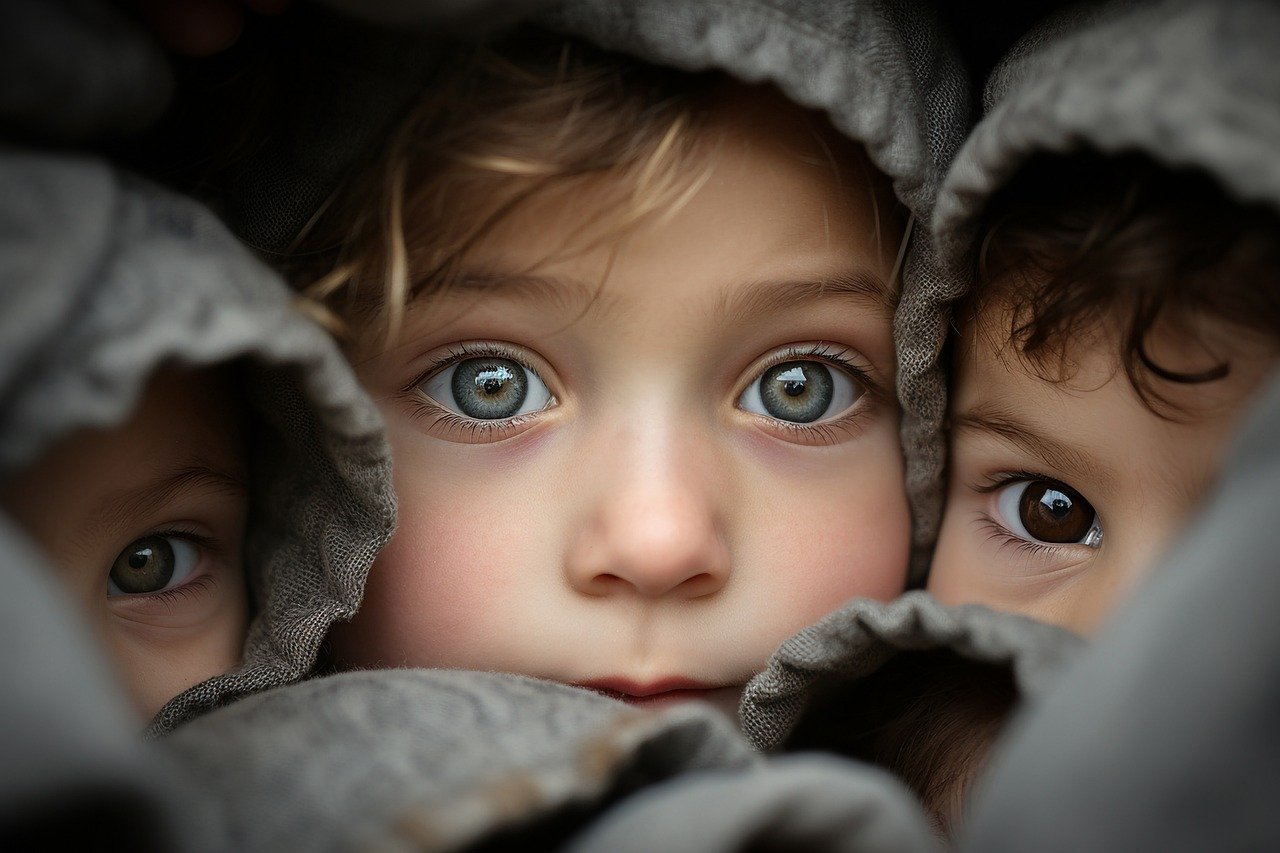Welsh Childhood in the Middle Ages
Credit: Image Pixabay - Franz Bachinger
We pride ourselves on living at a time when children are cared for and loved. I have often heard assumptions regarding childhood in the Middle Ages that parents and society generally did not value and care for children in the same ways as we might today. When looking at the Welsh in the Middle Ages, children's experiences would have been very different from what our children may expect today, yet some things would have been very similar.
Welsh childhood experience in the Middle Ages was influenced by whether a child was born into a noble family. Children who were not noble were expected to participate in physical work at an early age. Those who supported their parents in agricultural work learnt early to tend livestock, collect eggs, shoo birds away from seedlings or help with planting, weeding and harvesting. The children learnt what they would need to do in later life by watching their parents. This was the same for agricultural work, where the parents had skills to earn their money or provide a service to the nobility. Children of carpenters, blacksmiths and other trades would start becoming involved in small ways as soon as it was safe for them to do so.
Noble children, too, were taught the skills they would need when they reached adulthood. Though noble children were less involved in manual labour, they were expected to learn how to budget and run a household and the lands on which the household depended. Noble children might not be involved in cooking and cleaning. Still, they might well be involved in overseeing the dairy, butchering, and manufacturing of weapons and learning hospitality skills. It would not be unusual for them to serve guests.
A Welsh custom was for noble children to be sent away to be brought up by another household, which created bonds between families. In a way, fostering each other’s children was a safeguard to ensure peace between families. For boys, this is where they often learnt the skills of weaponry, battle skills, strategy, riding, especially on the hunt, and softer skills such as diplomacy, etiquette, and finer education, which ensured respect. Living away from their homes was believed to help them mature and develop strong characters.
Noble children knew their eventual marriages were necessary for the family's well-being. From an early age, the children of the nobility were educated so that they were taught to read, write and understand mathematics, play instruments, and understand cultural practices. This comprehensive education was not just for their personal development but also to enhance their attractiveness in their eventual marriage candidacy, which was a significant societal expectation. The marriages were often arranged for strategic and economic reasons, and the children were prepared for this responsibility from a young age.
For many children from less privileged backgrounds, education came through the church. The Welsh church, a cornerstone of the community, played a significant role in shaping young minds. It was not just a place of worship but also a centre of learning, where children were taught not only the Bible but also the stories of the saints. Bards, familiar figures of the time, also shared the rich myth and legend that was part of the Welsh cultural heritage.
Not all children’s lives in the Middle Ages were about learning skills. Children had plenty of time for play, just like today. While the plethora of toys available to modern Welsh children were not available then, there were simple dolls and toys, and children built out of sand on beaches, made dams in streams and searched for small creatures as children might do today. Board games were used, and simple games were created, such as trying to flick cherry stones into a container. Children would gravitate towards pet puppies and kittens just as children do today. These playful activities were a pastime and a way for children to learn and develop social and physical skills.
Perhaps the most significant difference in children’s lives in Wales today is their susceptibility to illness. In the Middle Ages, many children died soon after they were born, and others did not make it through childhood. Despite the medicines available at the time and the loving care of those who looked after them, the odds for infant mortality were much higher for Welsh children in the Middle Ages.
If placed on an island with Welsh children from today, Welsh children over a thousand years ago would find much common ground. Times have changed, but not everything has changed as much as we might think.

